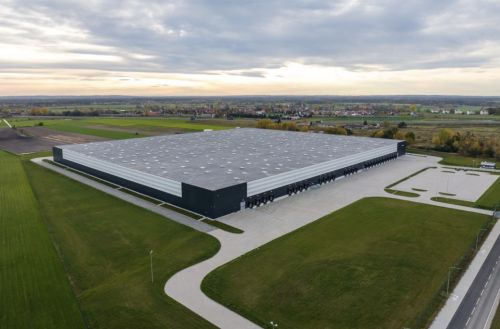Imagine if you will that you want to lease an apartment in Warsaw, so you meet the real estate agent in one of the residences he has on offer and he shows you around, demonstrating all the mod cons and showing you the stupendous views from the windows. “Been there, done that,” I hear you say. But now imagine that you are in Singapore, the agent is in Paris and the apartment (in Warsaw) hasn’t even been built yet. And this isn’t some weird sci-fi scenario – this is happening right now. BNP Paribas Real Estate calls such a service, which they announced at MIPIM 2018, ‘holoportation’. The client just puts on his VR (virtual reality) headset to talk to an agent, who can then show them whatever building or real estate asset is in his portfolio.
Indeed, according to Csongor Csukás the executive director of international property management at BNP Paribas RE, we are facing a veritable tsunami of technological change. “Over the next ten y





























































